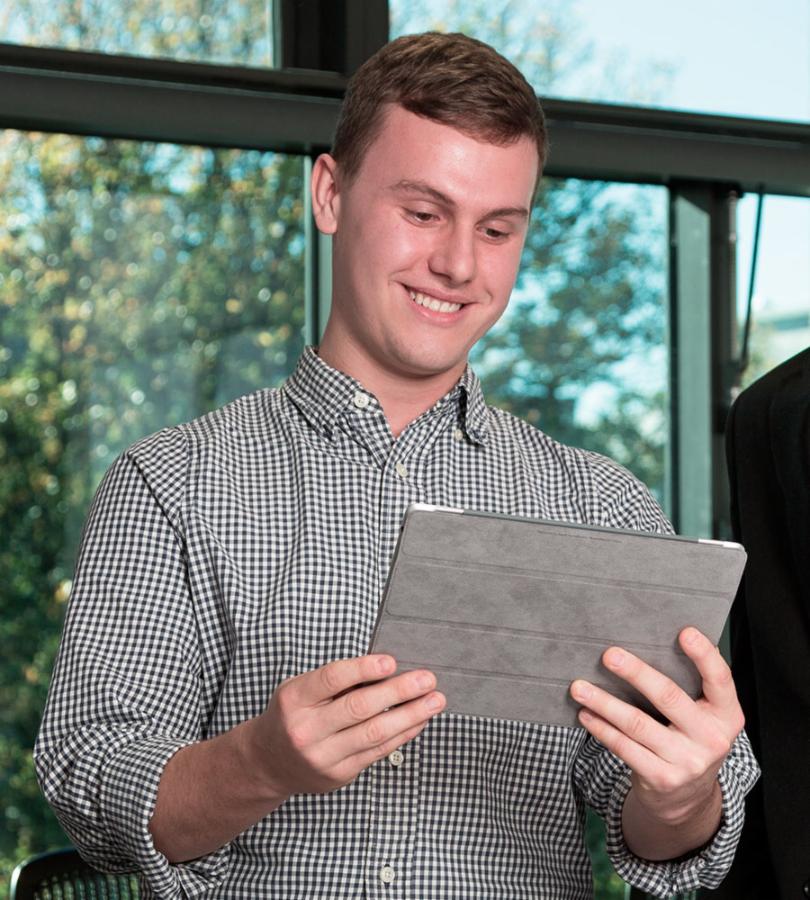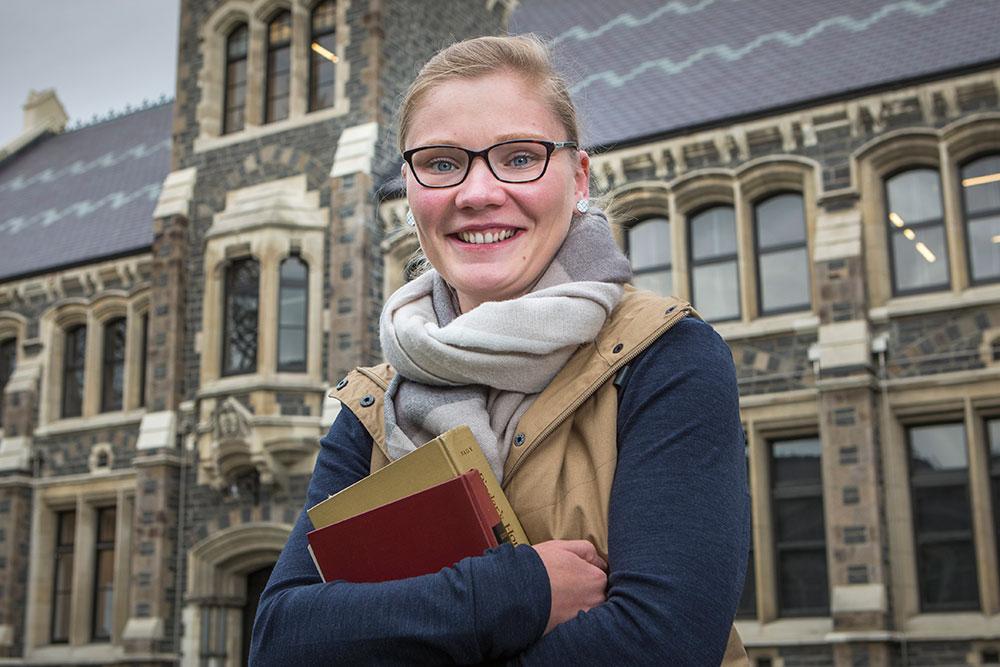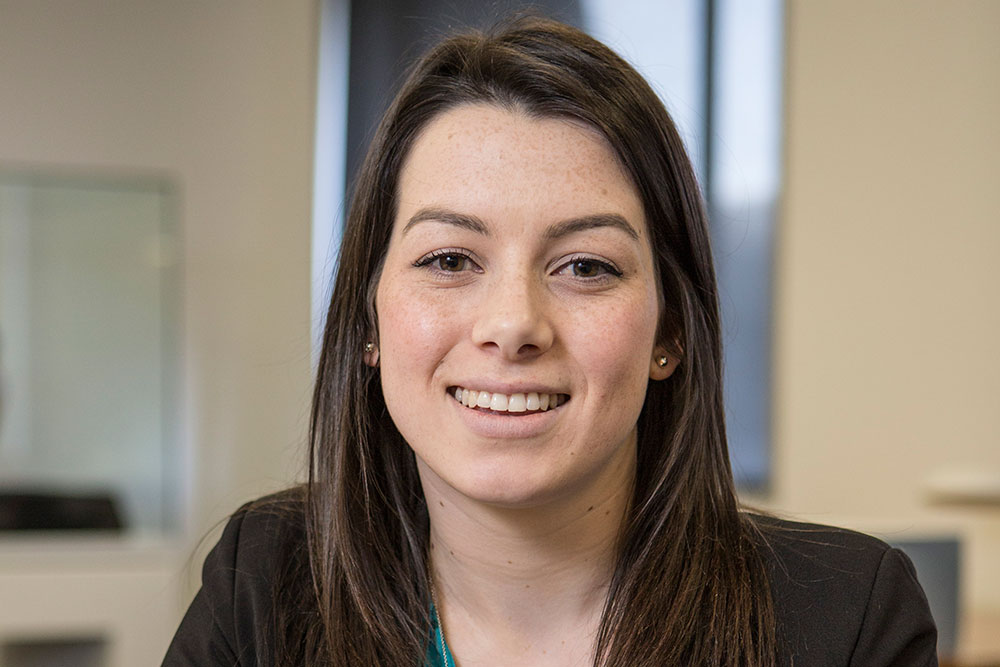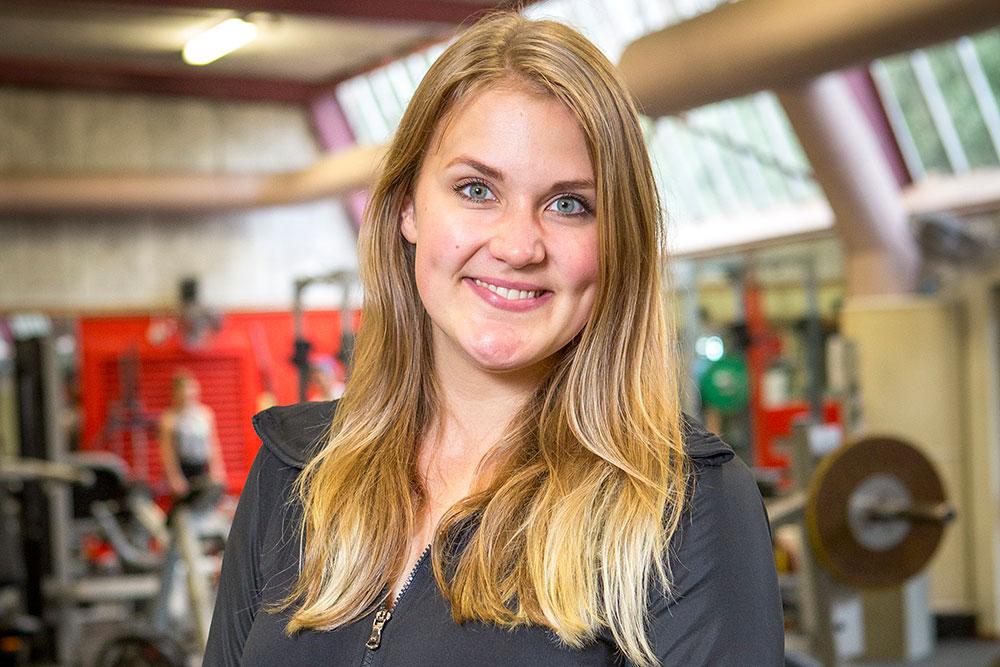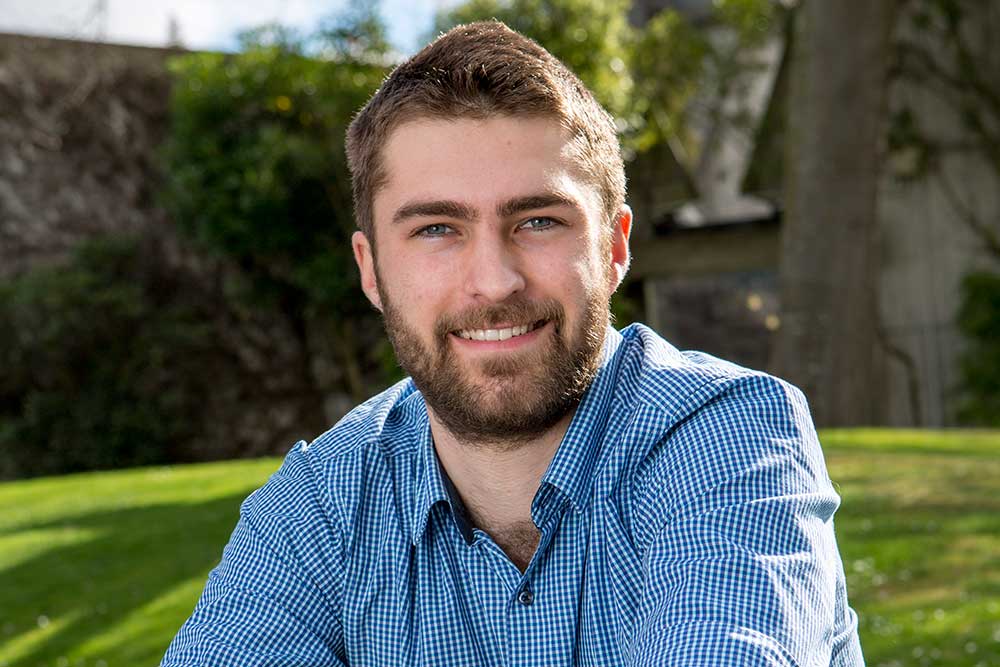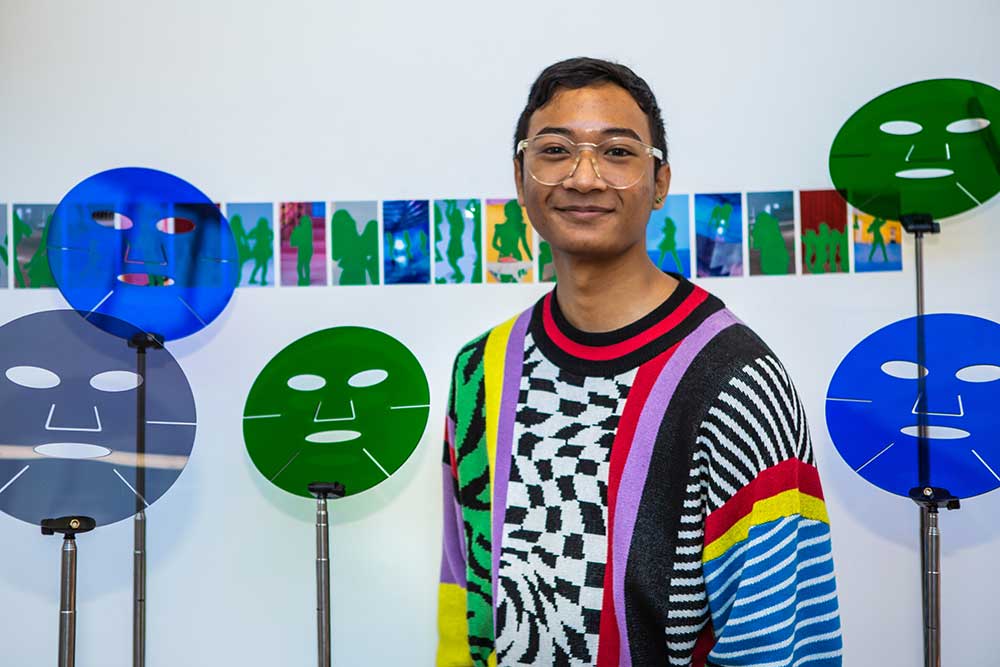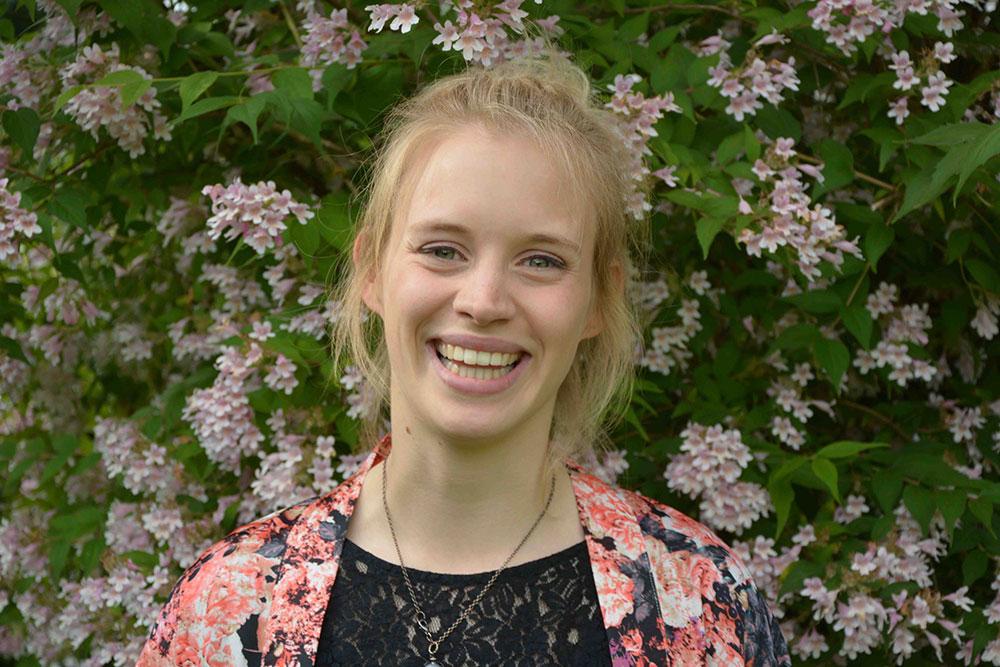Classics
Introduction
Studying the ancient cultures of Greece and Rome shows us how our modern world formed. Everything from western politics to philosophy, science to architecture, language to storytelling had their origins in these great civilisations, and there are even connections we can make to current events today that have been experienced in the past.
At UC, you can customise your Classics studies with topics that interest you, such as art and architecture, politics, drama and written works, ancient language, and even sociology and daily life of the people.

